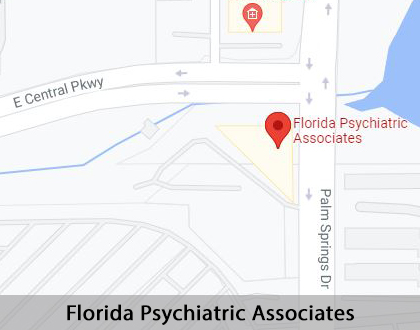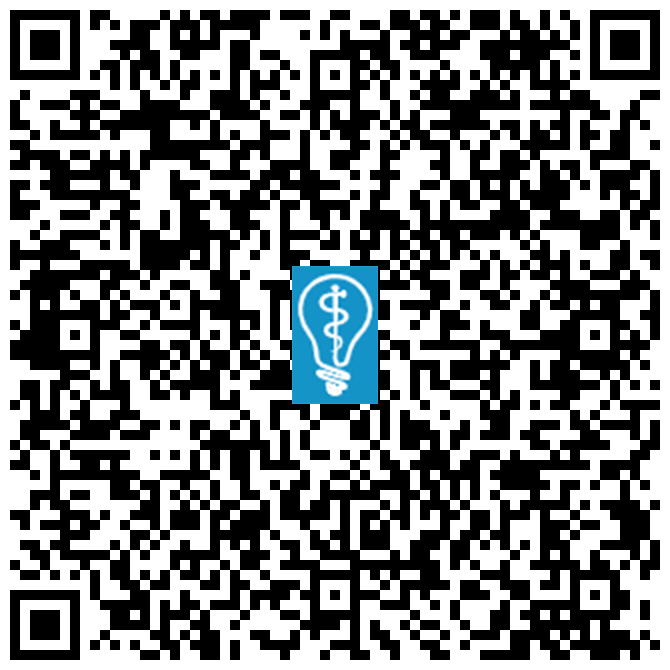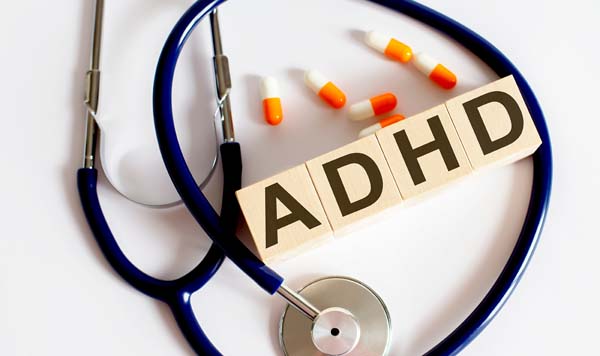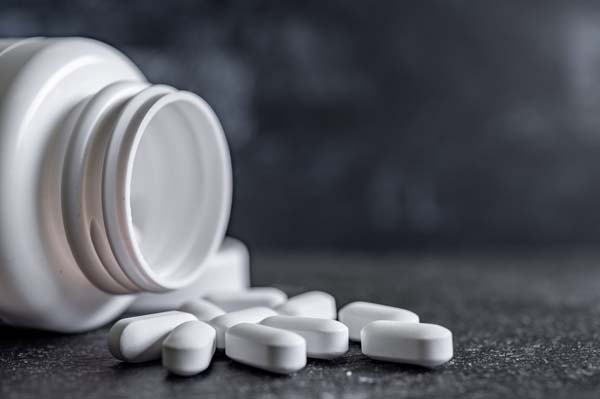Treatment for Substance Use Disorders Altamonte Springs, FL
Substance abuse counseling not only helps reduce or eliminate a patient’s dependence on psychoactive drugs but also allows them to be proactive in their recovery. Substance abuse has been in existence for centuries since humans first found ways to intoxicate and alter consciousness. Counseling provides various approaches and therapies for patients to understand their addiction and find methods that work for their unique needs to maintain sobriety and prevent relapse.
At Florida Psychiatric Associates, we do comprehensive evaluations for Substance Use Disorders and refer for detoxification, rehabilitation treatment, and relapse prevention. Call us today at (407) 960-5633 to schedule an appointment or learn more about our services.
What is Substance Abuse Counseling?
Substance abuse refers to the overuse of a particular substance or multiple substances affecting the mind or body, which can be both prescription and non-prescription. The first recorded instances of substance abuse began in 3,000 BC in ancient civilizations. Since then, people all over the world have abused various types of substances and have fallen into the trap of addiction. According to the National Survey on Drug Use and Health, in 2017, at least 19.7 million Americans aged 12 and older suffered from some form of substance abuse, with numbers going up yearly.
Substance abuse counseling is a type of intervention, or alteration of the course of a disease, to help individuals recover from abuse of alcohol or a drug by abstaining completely from the substance or cutting down on its use. The most common type of substance abuse counseling is brief alcohol intervention (BAI).
To become a certified certified substance abuse counselor, one must complete two years in a training program. It is advised to have a Bachelor’s degree in a related field such as Psychology, Sociology, or Social Work. There may be other requirements for candidacy depending on the state in which one lives.
“Substance abuse counseling is a type of intervention, or alteration of the course of a disease, to help individuals recover from abuse of alcohol or a drug by abstaining completely from the substance or cutting down on its use.”
Signs of Substance Abuse
People with a substance abuse problem often display significant changes in their appearance, behavior, reactions, and mood. According to the Mayo Clinic, physical and behavioral signs can exhibit a substance abuse issue with symptoms that often vary by drug type. The most common physical signs include inability or lack of sleep, low to no appetite, and consistent cold symptoms. Common behavioral signs include a change in attitude or personality, change in social circle and setting, excessive need for privacy, and lack of motivation and energy.
Signs of Specific Substances
Although the signs run far and wide, physical and behavioral symptoms of substance abuse often mimic those of other health-related conditions. It may be helpful to look at signs common to specific substances.
- Alcohol: Clumsiness; difficulty walking; slurred speech; sleepiness; poor judgment; dilated pupils.
- Cocaine, Crack, Meth, and Other Stimulants: Hyperactivity; euphoria; irritability; anxiety; excessive talking followed by depression or excessive sleeping at odd times; go long periods of time without eating or sleeping; dilated pupils; weight loss; dry mouth and nose.
- Depressants (including barbiturates and tranquilizers): Seems drunk as if from alcohol but without the associated odor of alcohol; difficulty concentrating; clumsiness; poor judgment; slurred speech; sleepiness; and contracted pupils.
- Hallucinogens: Dilated pupils; bizarre and irrational behavior including paranoia, aggression, hallucinations; mood swings; detachment from people; absorption with self or other objects, slurred speech; confusion.
- Heroin: Needle marks; sleeping at unusual times; sweating; vomiting; coughing and sniffling; twitching; loss of appetite; contracted pupils; no response of pupils to light.
- Inhalants (glues, aerosols, and vapors): Watery eyes; impaired vision, memory, and thought; secretions from the nose or rashes around the nose and mouth; headaches and nausea; the appearance of intoxication; drowsiness; poor muscle control; anxiety; irritability
- Marijuana: Glassy, red eyes; loud talking and inappropriate laughter followed by sleepiness; a sweet burnt scent; loss of interest, motivation; weight gain or loss.
“…there are both physical and behavioral signs that can exhibit a substance abuse issue and symptoms often vary by drug type.”
Finding a Substance Abuse Counselor
A substance abuse counselor is a key aspect of a journey towards recovery. It is crucial for a person struggling with substance abuse to work with a counselor that is best suited to help them. Since everyone has differing priorities and budgets, it is crucial to determine matters the most in a good counselor: insurance coverage, distance, availability, credibility, experience, personality, history, etc.
When looking for a possible substance abuse counselor, consider the following criteria:
- Trust – an extremely important trait as this person will likely know and discuss information that is highly personal
- Comfort – finding a person who identifies with the same beliefs, religion, gender, etc. can help build a strong relationship
- Approach – does their approach to treatment resonate with the patient
- Credentials & Education – are they certified and trained in working with alcohol and drug abuse? Does their education cover other aspects of abuse, such as mental health?
Understanding how substance abuse counseling works can greatly aid in creating an idea of the specific points the person needs to build a proper foundation. Once the patient has found a counselor that best suits their needs, the relationship can begin expanding and become stronger.
“…determine what is highly important in finding a good counselor: insurance coverage, distance, availability, credibility, experience, personality, or history.”
Check out what others are saying about our mental wellness on Yelp: Substance Abuse Counseling in Altamonte Springs, FL
Goals of Substance Abuse Counseling
Although each substance abuse counselor has their own approach to treatment, there are standard goals that apply to all abuse counseling and therapies. Each patient who goes through an assessment and evaluation will have an individualized treatment plan that will list their goals in the form of a timeline. These goals are implemented throughout treatment and discussed as they come close to completion.
The primary goals of substance abuse counseling are to properly guide a patient away from their dependency, significantly reduce or eliminate their use of the drug in question, and alter their lifestyle to initiate healthier, stronger values. We attempt to achieve these goals by helping the patient rebuild their core relationships, find employment in an interest or hobby, and restore their personal beliefs and values in all other aspects of their life. These goals may seem broad, but each is personalized to match the patient’s treatment plan according to their medical and psych history, current health status, the severity of addiction, treatment type, substance type, and specifically outlined goals.
“Each patient who goes through an assessment and evaluation will have an individualized treatment plan that will list their goals in the form of a timeline.”
Questions Answered on This Page
Q. What is Substance Abuse Counseling and when did it begin?
Q. What are signs of substance abuse?
Q. How can I find a good substance abuse counselor?
Q. What are the goals of substance abuse counseling?
Q. What are the types of substance abuse counseling?
People Also Ask
Types of Substance Abuse Counseling
Substance abuse is best treated through a combination of both individual and group therapies. Behavioral treatment is a common treatment option, depending on the case. The different forms of counseling and treatment include:
- Cognitive Behavioral Therapy (CBT): CBT can help people with coping skills, identifying risky situations, knowing what to do about them, and preventing relapse.
- Contingency Management (CM): This treatment method provides material rewards as motivation for desirable behaviors, such as maintaining sobriety.
- Dialectical Behavioral Therapy (DBT): DBT works to reduce cravings, help patients avoid situations or opportunities to relapse, assist in giving up actions that reinforce substance use, and learn healthy coping skills.
- Matrix Model: The Matrix Model employs a combination of various therapeutic techniques and focuses on rewarding good behaviors and teaching patients to believe in themselves.
- Motivational Interviewing (MI): This process allows patients to develop their own motivation and a plan for change over the course of several sessions, which can provide them with more of a sense of control over the course of their treatment.
- Rational Emotive Behavior Therapy (REBT): REBT helps patients understand their own thoughts, develop better habits, think positively and rationally, and gain healthier emotions.
- 12-Step Facilitation: The 12-Step treatment approach aims to promote continued abstinence by engaging people in recovery with 12-Step peer support groups
“…behavioral treatment is used most with variations of the practice being adopted depending on the case.”
Frequently Asked Questions About Substance Abuse Counseling
Q. How can you recognize a substance abuse problem?
A. Although every case is different, there are a few general signs that can help identify cases of substance abuse. The three main identifiers include failure or inability to control or quit the substance, negative consequences resulting from the substance, and increasing amounts of the said substance. These may be harder to identify in another individual than one’s self as many addicts often hide the severity of their use.
Q. How can I approach a loved one about substance abuse?
A. The most important first step is not assuming or outrightly expressing their abuse as fact. Before approaching them, make sure to be calm and sensitive as they may react angrily or be in denial. We recommend taking them in for an evaluation so that a trained professional can help them appropriately and more effectively.
Q. Is substance abuse a disorder or disease?
A. Substance abuse is both a mental disorder and brain disease. It affects the mind as much as any physical disease affects the body. As such, addiction can be treated as other diseases in that it is progressive, fatal, and predictable. In most cases, an addict can recover through various methods and treatment but must do the work to help themselves.
Q. Is family always involved in substance abuse treatment?
A. Family is not always involved in a patient’s substance abuse counseling. In many cases, family may be the cause of the abuse or may have a history of abuse themselves. This information is gathered in the first session or two and will be determined by the patient or what we deem fit for their unique case.
Q. Can substance abuse ever be cured?
A. Although substance abuse is never cured, a person may remain in recovery for the remainder of their life. We do not say that a person has been “cured” of addiction, as they will always be susceptible to that substance. We may say they are in recovery, “no longer active”, or something of the sort to describe their current situation.
Change Is Possible – Call Us Today
Life isn’t always easy. Are you struggling? Are you looking for a highly personalized and professional approach tailored to your individual needs? Instead of waiting around, call us today. You should know that there is hope for a better tomorrow.
Definitions
Get The Help You Need
Substance abuse is best tackled in its early stages. Our team at Florida Psychiatric Associates can help you recover, maintain sobriety, and prevent relapse. Call us today at 407-960-5633 to schedule an appointment or learn more about how our program works.
Helpful Related Links
- American Psychiatric Association (APA). Mental Health Topics. 2021
About our business, license, and website security
- Florida Psychiatric Associates was established in 2003.
- We accept the following payment methods: American Express, Cash, Discover, MasterCard, and Visa
- We serve patients from the following counties: Seminole County, Volusia County and Orange County
- We serve patients from the following cities: Altamonte Springs, Lake Mary, Sanford, Deltona, Orange City, DeBary, Apopka, Maitland, Winter Park and Orlando
- FL (License #ME68974). View License Information and Specifics
- National Provider Identifier Database (1518910835). View NPI Registry Information
- Norton Safe Web. View Details
- Trend Micro Site Safety Center. View Details







